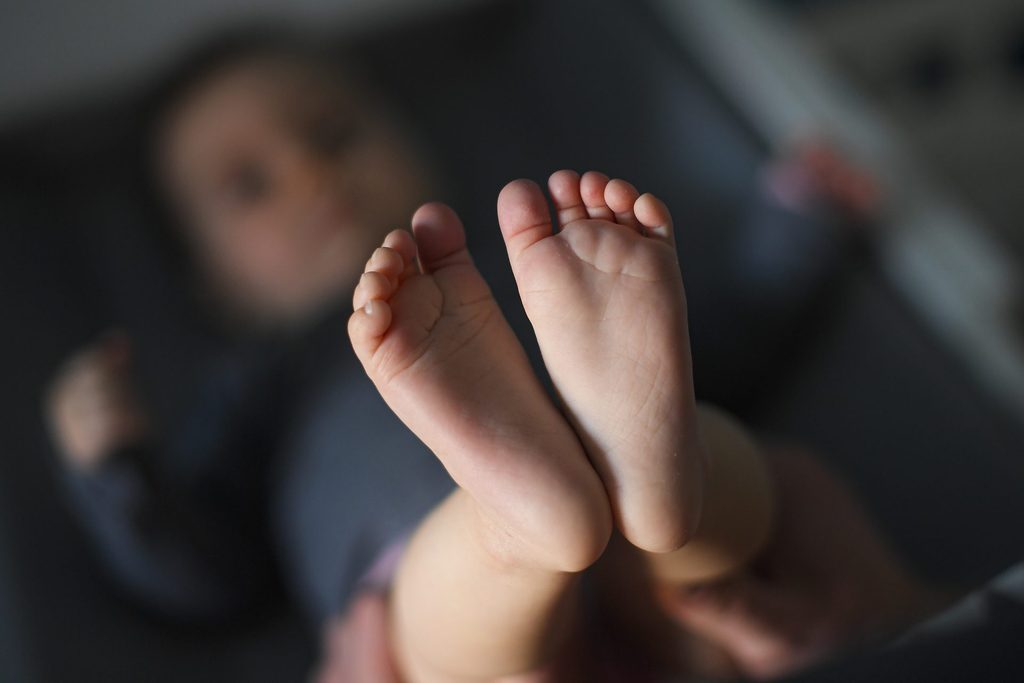The number of births in Brussels has fallen by more than 15% in the past 10 years, while in Belgium, it has fallen by 7%.
According to figures from the Birth and Childhood Office (ONE), a drop in births is observed throughout Belgium and Europe, but the fall in Brussels doubles the national figure. The report has drawn its finding from the medico-social database in the Brussels-Capital Region.
Between 2012 and 2021, the birth rate in Brussels fell by 15.47%, from 18,562 births to 15,690 in 2021. In Belgium, the drop was 7.1% and in Wallonia, the number stabilised at around 8.5%.
The socio-economic impact
Despite the Brussels-Capital Region ranking fourth among the richest regions in the EU, the numbers do not reflect the reality of the region's inhabitants, who earnt an average income of barely €15,000 in 2020, according to the Belgian statistics office, Statbel.
Samuel Ndame, statistics officer at the ONE, confirmed "the housing crisis and the socio-economic background of part of the population in the Brussels Region are not unrelated to this situation."
Housing, employment and living situation all impact on whether people decided to have children. Having an extra bedroom in the city can be too expensive and often makes a reason not to have a children. It may even incentivise people to move to more modest housing outside of the city, Le Soir reports.
"What we're seeing is that families, especially middle-class families, are leaving the capital to move to the outskirts where, for the same price, they can rent or buy a house with a garden, which is still ideal for many couples planning to have children," explained spokesperson for the Ligue des Familles organisation, Alexandra Woelfle.
Bringing back balance
The Ligue de Familles has long been calling for the construction of social housing for the 60,000 families currently on the Brussels Region's waiting list. In Brussels, one in four inhabitants spends over half their salary on housing.
UCLouvain demographer Jean-Paul Sanderson, however, stressed the need to put the Brussels birth rate decline into perspective. The capital had started from a much higher point in 2009, with 2.1 children per woman in Brussels compared to 1.8 in Wallonia and Flanders. The current situation is just a rebalancing between Brussels and the other regions, Sanderson said.
As for the increasing number of people leaving the city since 1970, the demographer pointed out that other large urban centres have been similarly affected. "Many families are moving closer to the Luxembourg border to find larger and more affordable housing for a better quality of life."
Fewer births and positive migration
There is also the societal trend of couples choosing to have fewer children or to not have any at all.
Moreover, contrary to what some believe, the city's different ethnic origins do not have much influence on birth rates falling, with women of immigrant origin having a very similar fertility rate to that of women of Belgian origin in Brussels.
Regardless of the drop in births over the past decade, the Brussels population continues to increase year upon year, with the ONE recording an increase of 0.22% from 2021 to 2022, due to the region's positive migratory balance.
Related News
Brussels' decision-makers must fight against social inequalities and maintain access to fundamental rights in light of the complex family situation in the capital, said Ndame.
ONE manages to reach a maximum number of disadvantaged people through consultations for mothers, mothers-to-be and their children. In Brussels, one in two pregnant women are followed up through ONE's free consultations. Despite this, 73 women in Brussels still gave birth in 2021 without any medical or social care.

